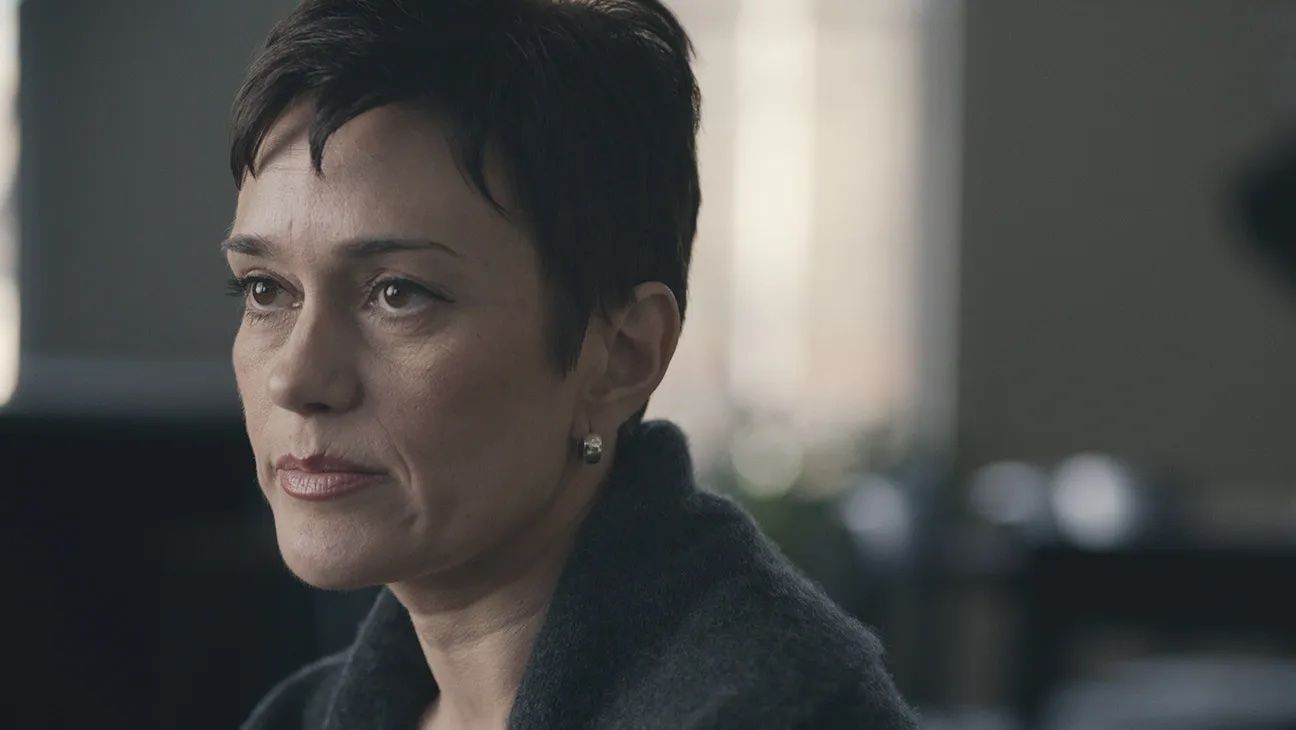
Antidote (2024) — Movie Review
- Jun 11, 2024
Vladimir Putin, Russia's president, has inadvertently given rise to compelling documentary content, notably those concerning wars in countries like Ukraine. A new sub-genre highlighting brave individuals challenging Putin's rule through various risks is emerging. The latest addition to this line-up of documentaries is James Jones’ adaptation, “Antidote,” which premiered at the Tribeca Film Festival, drawing attention to the ruthlessness of the current Russian authority.
A primary plot of the film is the act of poisoning, and significant focus is given to an anonymous Russian scientist engaged in developing new types of poisons. His revealing act was triggered when he discovered that his inventions were being utilized against political adversaries, rather than terrorists, causing him to take refuge abroad eventually.
A substantial part of the film covers the life and struggles of the well-known Christo Grozev, a Bulgarian investigative journalist closely associated with journalistic entities like Bellingcat and The Insider. Grozev had spearheaded the investigation into the Navalny poisoning and contributed to the subsequent documentary. The highly visible profile, however, proved detrimental when confronted with Putin’s power. He left Vienna, where he’d been residing, due to an imminent threat on his life.
Exiled, Grozev lives in the shadows, fear enveloping his life. His father’s unexplained death compounds his dread, and Grozev is left contemplating the role his actions and their consequences might have played in his father’s sudden departure.

Vladimir Kara-Murza, another Russian opposition leader featured mainly through news footage, shares a similar fate. Surviving two poisoning attempts, he was subsequently charged with high treason and is now under incarceration in a Siberian prison.
The film also touches on the impacts of Putin's regime on the relatives of opposition leaders. Evgenia, Kara-Murza’s wife, after her husband’s arrest, has become an influential voice of opposition, living in the US but maintaining an international presence to keep her husband’s plight at the forefront.
Journalists do not hold back in speaking out in the documentary. One labels Putin as a “psychopath,” while another observes the indifference Russia displays in upholding democratic ideals. The film ends with Grozev expressing his fear of assassination yet clinging onto hope for an end to the current regime.







